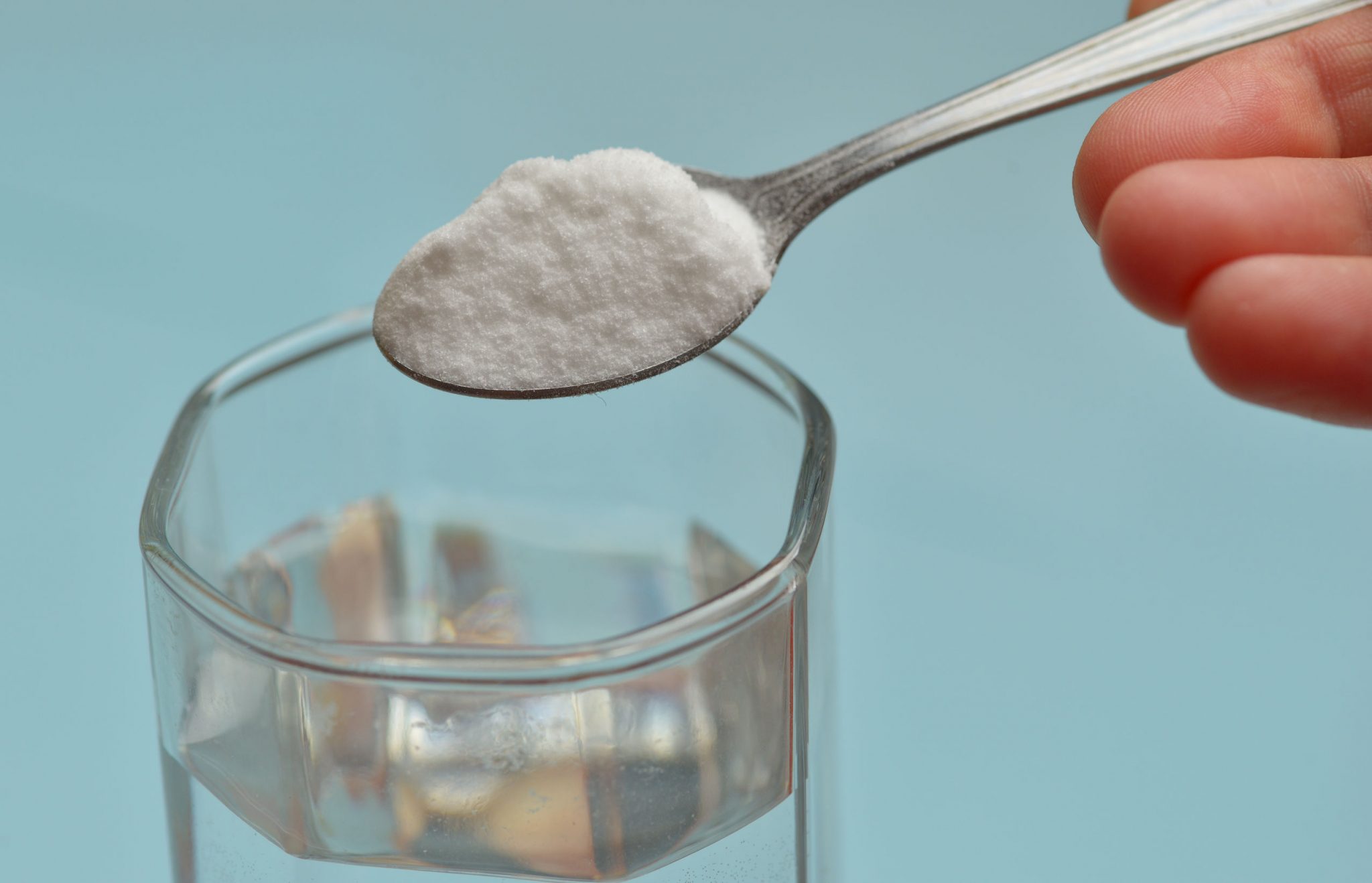Introduction:
In the quest for weight loss, people often turn to various methods and remedies. One such remedy that has gained attention is drinking baking soda. Baking soda, also known as sodium bicarbonate, is a common household ingredient used for baking, cleaning, and other purposes. Some individuals claim that consuming baking soda can aid in weight loss. In this comprehensive guide, we will explore the science behind drinking baking soda for weight loss and evaluate its effectiveness as a weight loss strategy.
Understanding Baking Soda:
Baking soda is a white crystalline powder with alkaline properties. It acts as a leavening agent in baking, helping dough rise by producing carbon dioxide gas. When consumed, baking soda can neutralize stomach acid and provide temporary relief from heartburn or indigestion. It is important to note that baking soda should be used in moderation and under the guidance of a healthcare professional, as excessive consumption can lead to health issues.
The Theory Behind Baking Soda for Weight Loss:
The notion that drinking baking soda can facilitate weight loss is based on the idea that it helps to alkalize the body. Proponents of this theory argue that an alkaline environment promotes fat burning and inhibits weight gain. However, it is essential to understand that the body’s pH levels are tightly regulated, and the concept of alkalizing the body through baking soda consumption is oversimplified and unsupported by scientific evidence.
Research and Evidence:
Limited scientific research has been conducted specifically on the use of baking soda for weight loss. Most studies investigating baking soda’s effects have focused on its potential benefits for exercise performance or its role as an antacid. These studies do not provide substantial evidence supporting the use of baking soda as a weight loss aid.
Potential Risks and Side Effects:
While baking soda is generally safe when used in small amounts for culinary or household purposes, consuming it in large quantities or on a regular basis can lead to adverse effects. Excessive intake of baking soda can disrupt the body’s natural pH balance, leading to metabolic alkalosis. Symptoms of metabolic alkalosis may include nausea, vomiting, muscle twitching, confusion, and even heart problems. It is crucial to exercise caution and consult with a healthcare professional before considering baking soda for weight loss.
Alternative and Effective Weight Loss Strategies:
Rather than relying on potentially risky and unsupported methods like drinking baking soda, it is advisable to focus on established and evidence-based weight loss strategies. Some effective strategies include:
- Balanced Diet: Follow a well-balanced diet that includes a variety of nutrient-rich foods such as fruits, vegetables, whole grains, lean proteins, and healthy fats. Portion control and mindful eating can also contribute to weight loss.
- Regular Exercise: Engage in regular physical activity to promote calorie expenditure and increase metabolism. A combination of cardiovascular exercises, strength training, and flexibility exercises can be beneficial.
- Hydration: Drink an adequate amount of water throughout the day to maintain proper hydration and support overall health. Water can also help with appetite control and promote a feeling of fullness.
- Behavior Modification: Identify and address any underlying behaviors or emotional triggers that contribute to overeating or unhealthy habits. Seeking support from a therapist or participating in a weight loss program can be helpful.
- Sustainable Lifestyle Changes: Focus on long-term changes rather than quick fixes. Incorporate healthy habits into your daily routine, such as getting enough sleep, managing stress, and maintaining a supportive social network.
Conclusion:
While drinking baking soda may have some potential uses in specific situations, such as relieving heartburn or indigestion, it is not a scientifically proven method for weight loss. The idea that it can alkalize the body and promote weight loss lacks substantial evidence. Moreover, excessive consumption of baking soda can be harmful to health. Instead, it is advisable to adopt sustainable lifestyle changes, including a balanced diet, regular exercise, and behavior modification, to achieve healthy and long-lasting weight loss. Consulting with a healthcare professional or registered dietitian can provide personalized guidance and support in your weight loss journey.
- Tropical Bliss in Every Bite: My Fun Review of Just Kratom’s Passion Fruit Gummies - September 6, 2024
- Drinking Baking Soda for Weight Loss: Does It Work? - July 14, 2023
- Becoming Mindful: Using Meditation and CBD to Relax - June 22, 2023

